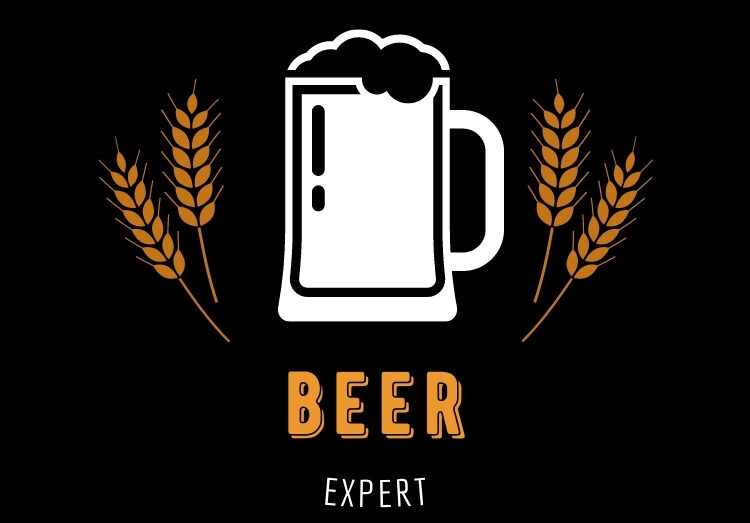Made of barley, fermented yeast and water and various other ingredients (depending upon the recipe and region), beer is known to have been made by the ancient Egyptians and Mesopotamians, and is likely to have been in production throughout the world since the 5th millennium B.C. Due to its relatively simple production and also the fact that it can be made from readily available crops (such as barley, sugar and hops) the development of beer is likely to have evolved separately across the five continents.
Beer Comes to the U.K
It is unclear exactly when beer was introduced to the U.K. but it is known that it moved westwards and northwards from it’s beginnings in North West Africa, migrating with the cultivation of barley and the movement of peoples. Beer was likely to have been drunk along by the Celtic druid populations that populated Britain before the arrival of the Romans.
The Romans noted that the Britons largely drank ‘ale’, comprising of barley, fermented yeast and water. The Roman occupiers of Britain attempted to introduce wine, but to no avail – the climate was not favourable to the growing of grapes.
By the Middle Ages, ‘ale’ was Britain’s number one drink, even being enjoyed for breakfast. However, it was not until the 1400’s that beer, as we understand it now, was enjoyed in Britain as merchants introduced ‘hops’ from Flanders and Holland: The tradition of drinking Belgian and Dutch imported beer goes back that far! At that point the distinction between beer and ale was born, ‘beer’ being ‘ale’ with the addition of hops (that gave a ‘bitter’ taste).
Up until the late Middle Ages individual households generally brewed beer on a small scale. Following this, monasteries and Abbeys started to brew ale and beer on a large scale for themselves and to quench the thirst of pilgrims. This led to further advances in the scale of production, whilst by 1550 hops became integral ingredient to beer. These days, beer is generally taken to be an ale with hops added, whilst ale is now generally taken to be a ‘dark’ beer – there are few real ‘ales’ left in production.
The Modern History of Beer
Beer is now in mass production with just a few major international breweries accounting for most of the annual turnover in profit from this highly popular beverage. Over the last 50 years lager, which previously accounted for only a small proportion of beer sales in the U.K. (chiefly in Scotland), has become Britain’s most popular variety of beer. Lager is brewed for longer than other beers (the German ‘lager’ meaning ‘storage’), hence undergoing further carbonation, and producing more ‘fizz’.
Whilst multinational breweries dominate the beer industry, small-scale ‘regional’ breweries and ‘pub breweries’, who produce lagers using traditional methods have become popular over the last 10-20 years, conveying a desire for a return to diverse and varied selection of beers, that reflect local tastes and brewing methods.
Beer is a staple part of the national diet across nations and can be enjoyed on a variety of occasions. Its rich history reflects its cross-cultural appeal, whilst the range of tastes available invites the sampling of beer going far beyond the confines of the pub.
Whilst a resurgence of interest in traditional beer and pubs has done much recently to increase our enjoyment of beer, the emergence of ‘gastro pubs’ and the increased popularity of restaurant eating in an era relative prosperity beckon forth the consideration of beer as an accompaniment to quality food.
Crack open a beverage, relax, read on and discover the wealth of experiences open to the beer drinker in the 21st century!
